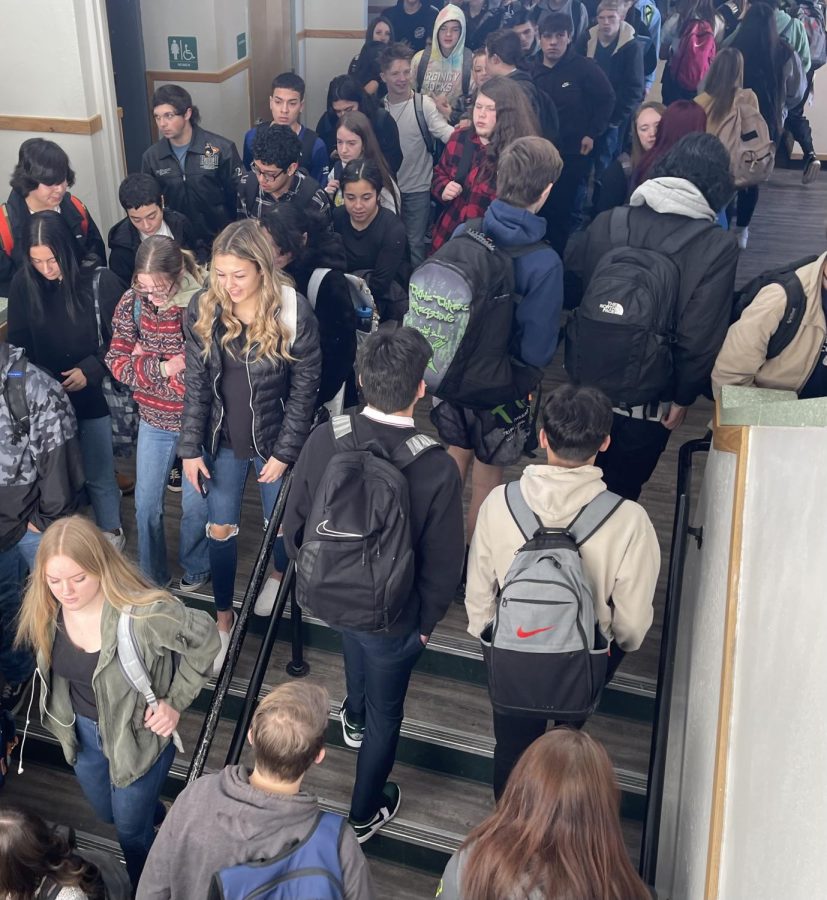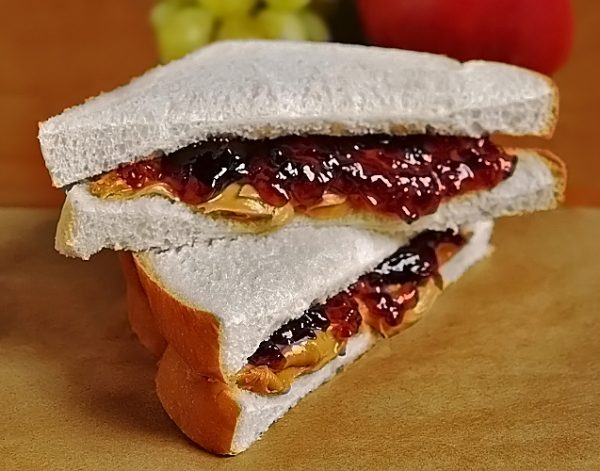The Myth of Popularity
In high school, students seem to be separated much like cafeteria food on a lunch tray. The mashed potato geeks here, the cheerleader chicken there, these sketchy oranges get thrown away, and this cookie can’t touch the broccoli. Maybe if people looked at it all together, they would see that we’re all a complete meal with each food group needed for our own uniqueness.
Most high schoolers put the “popular crowd” on a pedestal, whether good or bad, and see them as different from themselves. However, many of the students who are higher on the social ladder don’t see themselves that way or even want to be popular in the first place. Well, what even is popularity? Is it how outspoken you are? Is it how good at a sport you are? According to many students at Blackfoot High School, it isn’t any of these attributes. When asked, Devin Lindsay stated that popularity is, “knowing a bunch of people, and a bunch of people knowing you,” but Oakley Arave believes that popularity means “somebody that everybody can go to and everybody’s comfortable around”.
However, we often see those who are more athletic or more exciting than us as being popular, no matter if they are mean or stuck up. The reason for this may be because, as Easton Lawes explained, “the most athletic people get the most recognition,” or maybe they just talk more. According to Oakley Arave, “Sports kind of determine whether you’re popular, but there are some people who are super nice who could be popular if they wanted to, but they choose not to be. Popular people talk more. Some people are just quiet. I used to be kind of shy, but when I started talking more, I made more friends.”
The darker side of popularity can also be seen throughout the bustling halls of high school. For example, some popular people have enormous egos or fall into the trap of peer pressure. Popularity can be chalked up to being pressured by peers, and it often leads to loneliness and anxiety. There is also the fact that after high school, your popularity is totally useless.
If you’re struggling to find out how you fit into the high school narrative, think about your future. What do you want to be known for? Who do you want to help? What do you want to do? Go crazy! It is freeing to think about your inner self and not be so caught up in the extrinsic status symbols, social media likes or followers, and fickle friendships. Find someone who shares similar hobbies and interests, make plans to have your own adventure instead of looking at others’ exploits, and don’t be afraid to accept an invite from someone you may not know very well.
In the end, if you want to feel like you fit in, just be the best banana you can be. Don’t worry about trying to be like that cheerleader chicken or the muscular milk, you were born to be a banana, so go bananas!

Samantha Pack: “Just do it, even if it makes you feel scared. (Fern Sarmiento)”
Samantha Pack, better known as Sammie, is “smart, creative,...

Blair Warren has a passion for language and learning. Whether it is writing her own fantasy novel or newspaper article, Warren is a talented author with...





James VanOrden • Feb 14, 2022 at 9:37 am
You did a great job writing this Sammy! I believe that popularity is based on the number of people you can be yourself around. One reason that athletic people may seem to be more popular is because they are normally a part of a team and have close relationships with that team. Whereas some people who don’t participate in extracurriculars may seem less popular (within the school at least). Of course there are always outliers so you may see people who aren’t in any sport but are outgoing and easily make friends with people.